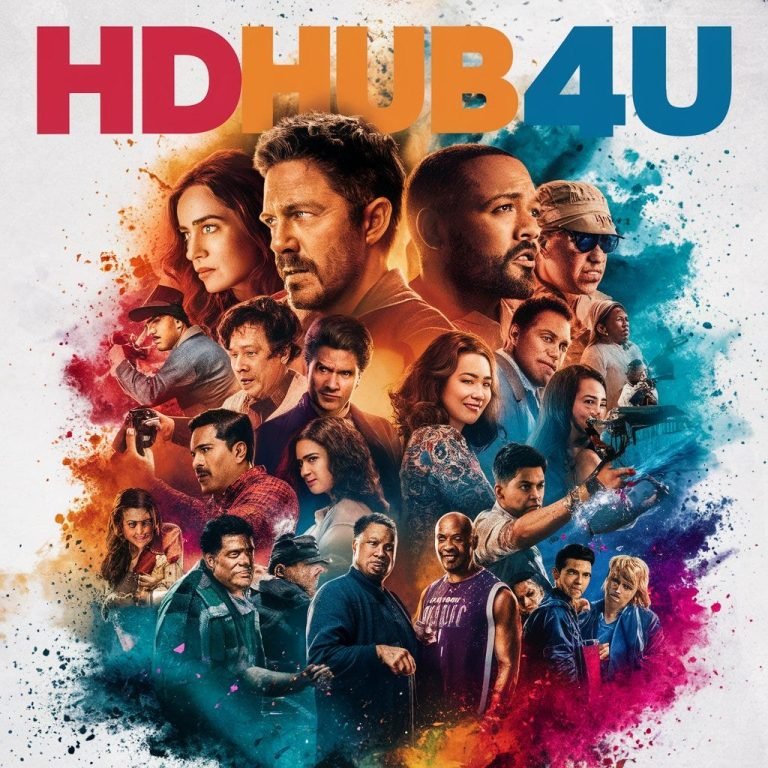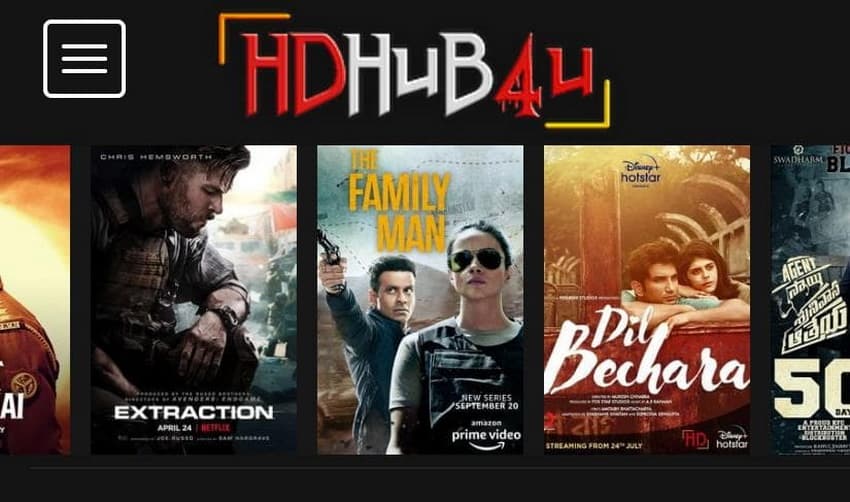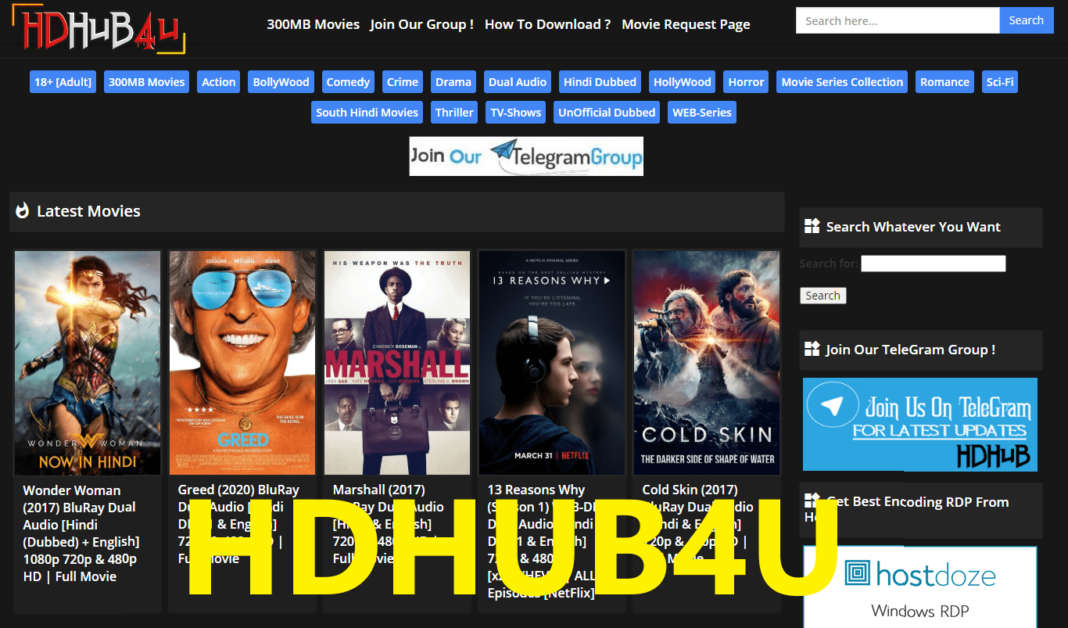Focus Hdhub4u: Sharpening Your Attention For Digital Content
In our busy digital world, it's pretty common to feel like your attention is pulled in a million different directions. Whether you're trying to concentrate on a work task, enjoy a favorite show, or simply keep up with information online, maintaining a clear sense of focus can feel like a real trick. This idea of "focus hdhub4u" isn't about one specific thing, but rather a way of thinking about how we direct our mental energy when we're interacting with all the stuff the internet has to offer. It's about finding ways to really tune into what matters, and let the rest fade a bit.
So, when we talk about focus, it's not just a single, simple concept, is that right? It shows up in so many parts of our lives, from how we play games to how we manage our daily tasks, and even how we make big decisions. Thinking about how to "focus hdhub4u" means looking at all these different ways we use our attention, and seeing how they connect to the vast amount of content and experiences available online. It’s a bit like trying to pick out a single conversation in a very crowded room, you know?
This article is going to take a closer look at what focus actually means in a few different situations, drawing on some interesting observations about how people manage their attention. We'll explore practical ways to keep your brain on track, especially when you're dealing with lots of digital information. By the end, you'll have some good ideas about how to make your online experiences more intentional and, well, more focused. You might find it quite helpful, really.
Table of Contents
- Understanding What "Focus" Really Means
- Focus in the Digital Arena: From Gaming to Productivity
- The Art of Sustained Attention: Brain Hacks and Daily Habits
- Managing Your Mental Energy: More Than Just Eating
- Getting a Handle on Online Information: The "Focus hdhub4u" Connection
- Navigating Digital Spaces with Purpose
- Common Questions About Keeping Your Focus
Understanding What "Focus" Really Means
When you think about "focus," it usually means picking one thing to concentrate on, doesn't it? It's kind of like how, in some situations, there might be a rule that you can't really do two mutually exclusive things at the same exact time. You choose one path, and the other one gets locked for a bit. This idea comes up in various places, like discussions about certain strategies where you simply cannot have more than one primary focus at a given moment. It’s a pretty fundamental concept, actually.
So, you might have a main target for your attention, but sometimes you need to quickly deal with something else without losing sight of your primary goal. This is where clever ways of managing attention come into play. For instance, some people use specific techniques that let them quickly shift their attention to a secondary point, maybe a quick check on something, and then snap right back to their main focus. It's about having that flexibility, yet still keeping your main objective clear, you know?
It’s a bit like having a main conversation but quickly glancing at a notification before returning to the chat. You don't want to lose the thread of the main discussion, but you also need to acknowledge other incoming information. This ability to manage your primary and secondary points of attention is a very useful skill, especially when you're trying to stay on top of things in a fast-paced environment. It allows for a kind of layered attention, which is quite interesting.
Focus in the Digital Arena: From Gaming to Productivity
The concept of focus truly takes on many forms, especially when we consider how we interact with digital tools and entertainment. From the precise demands of online games to the structured approach of productivity software, our ability to direct and maintain attention is constantly put to the test. It's fascinating how different digital environments ask for different kinds of concentration, really.
Game Strategies and Your Focus Target
In the world of online games, having a "focus target" is a pretty big deal for many players. If you're using certain automated actions, you often need to pick a specific focus target for each group of challenges you encounter. This spare target is super helpful because it stays locked on, even if your main target changes or disappears for a moment. It's basically a backup point of attention that helps you keep track of something important, so it clears if the target dies or you go out of range, as a matter of fact.
This idea of a focus target isn't just for damaging enemies, either. You can use these kinds of attention markers for all sorts of things that need a specific point of interest. This includes actions that temporarily stop an opponent or even keeping an eye on friendly characters. It's a very versatile tool for managing complex situations in a game, allowing for quick and precise reactions. You might find it quite handy, in a way.
Many players find that setting up specific key combinations for these focus actions makes a big difference. For example, some folks might bind a key to set their focus target, like the tilde button, which is just above the Tab key. This can be super effective for quickly marking something important. The pattern of using specific keybinds for certain actions, like a ground-targeted ability on Shift+Q, typically holds true for other game mechanics as well, helping players maintain their flow and attention during intense moments. It’s all about muscle memory, you know?
Productivity Tools: The "Focus Time" Button
Beyond gaming, the idea of dedicated focus extends to our work lives, too. There's been some talk recently about a new feature that appeared in classic Outlook, a "focus time" button. A few people were asking where they could find this light bulb icon that lets you create an event automatically titled "focus:" and sets your communication tools to "do not disturb." This little addition is a good example of how software is helping us create specific periods for deep work, which is pretty neat.
This feature is all about helping you carve out uninterrupted blocks of time. It's a recognition that in our always-on environment, sometimes you need a little help to shut out distractions and truly concentrate on a task. By automatically setting your status to "do not disturb" and creating a clear calendar entry, it signals to others, and to yourself, that this is a time for dedicated attention. It's a small change, but it can make a big difference in how much you get done, honestly.
The popularity of such features shows that people are really looking for ways to improve their concentration during the workday. It's not just about having the right tools, but about using them to create a mindful approach to your tasks. These digital nudges help us build better habits around attention management, which is something many of us could use a little help with, right?
The Art of Sustained Attention: Brain Hacks and Daily Habits
Getting your brain to truly focus can feel like a challenge, but there are definitely ways to improve it. Some people, for instance, have gone out of their way to create their own straightforward guides, summarizing insights from podcasts and books on how to concentrate better. These "no bullshit" approaches often highlight practical, actionable steps you can take to train your mind. It’s about building mental muscle, in a way.
One key aspect of sustained attention is recognizing that sometimes, simple, repetitive actions can lead to significant outcomes. For example, in certain strategic scenarios, you might find that repeatedly deploying basic units, even if they're lightly equipped or untrained, can help you gain control over areas without needing to resort to conflict. This shows how a consistent, if seemingly mundane, focus on a particular action can actually yield big results. It’s a rather interesting observation, you know?
The trick often lies in breaking down bigger goals into smaller, manageable steps. This helps prevent your mind from feeling overwhelmed and allows you to direct your energy more effectively. By focusing on one small task at a time, you build momentum and make progress without feeling like you're trying to tackle everything at once. This approach tends to make the whole process much more achievable, which is pretty good.
Managing Your Mental Energy: More Than Just Eating
Think of your mental focus like a kind of internal energy reserve. While having a good amount of this "focus" stored up is certainly helpful – someone with a thousand units of focus compared to four hundred will naturally be able to keep going longer without needing a break – the absolute cap on that amount might not be the most important thing. The main point is having enough so you don't feel constantly drained and needing to "recharge" all the time. It's about sustainability, basically.
It's not just about having a big reserve, though. Knowing when and how to briefly disengage can be just as important. For example, some systems allow for a quick "focus interrupt" with a simple action, like hitting Shift+Middle Mouse. This ability to temporarily break your concentration, to step back for a split second, can actually help you reset and then return to your task with renewed clarity. It's a kind of mental refresh button, you know?
So, managing your mental energy involves both building up your capacity for sustained attention and knowing when to take those short, strategic pauses. It’s about being mindful of your brain's limits and giving it the little breaks it needs to perform at its best. This balance is pretty crucial for long-term productivity and overall mental well-being, as a matter of fact.
Getting a Handle on Online Information: The "Focus hdhub4u" Connection
When we talk about "focus hdhub4u," it brings up the broader idea of how we direct our attention when engaging with the vast amount of content available online. It's about being intentional with your digital time, rather than just letting your attention drift. For instance, some people might choose to primarily focus on gaining knowledge or insights from specific areas, much like someone might focus on non-war territory gains in a strategy game. This means deliberately seeking out particular types of information or content that align with your goals, which is pretty smart.
In some respects, having an economic focus, like looking for ways to gain control over certain resources without conflict, can be a nice bonus when you're starting out. This can be compared to how you might approach online content consumption: you can often gather a lot of valuable information or entertainment without getting bogged down in distractions or unproductive interactions. It's about finding those low-effort, high-reward ways to engage, perhaps by just "spamming" through a lot of readily available, basic content to achieve a broader objective. You only need to spam, so to speak.
The same principles of focused evaluation apply when you're looking at online opportunities, like signing up for a focus group panel. Someone might apply to such a panel, but then quickly realize it might be a job scam. This highlights the importance of applying a critical focus to what you encounter online, picking a clear "target" for your attention – in this case, a legitimate opportunity – and being ready to clear that focus if it turns out to be misleading. It’s about being discerning with your attention, too it's almost.
Even personal choices, like changing a health plan, show how focus plays a role in our online interactions. Someone might switch to a new plan, like FEP Blue Focus, because it seems to offer significant savings. However, they might later find it's been a bit of a mixed bag. This reflects how our focus on a particular benefit or cost online can lead to unexpected results, and it reminds us that careful consideration is always a good idea. You really need to weigh things up.
Navigating Digital Spaces with Purpose
The key to making your online experiences more meaningful, and indeed, more focused, often comes down to having a clear purpose. It's about consciously choosing what you want to engage with, rather than passively consuming whatever pops up. This means applying the lessons from gaming, productivity, and even financial planning to your daily digital habits. You want to be the one directing your attention, not letting external forces dictate it, you know?
Consider setting intentions before you go online. Are you looking for specific information? Do you want to relax with a particular piece of content? Or are you aiming to connect with others on a specific topic? Having these goals in mind, much like setting a "focus target" in a game, helps you filter out the noise and zero in on what truly matters to you. It's a simple step, but it can make a really big difference.
Remember, your attention is a valuable resource. By actively managing where you direct your focus in the digital world, you gain more control over your time and your mental well-being. It’s about being present and intentional, whether you're working, learning, or simply enjoying some online entertainment. You can learn more about effective attention strategies on our site, and perhaps link to this page for more tips on digital wellness.
Common Questions About Keeping Your Focus
Can I really focus on more than one thing at once?
Generally, when we talk about true focus, it's about directing your main attention to one thing at a time. While you might quickly switch between tasks, or have a secondary "focus target" like in games, deep concentration usually means committing your mental energy to a single item. It's pretty hard to give your full attention to two completely different things at the same exact moment, as a matter of fact.
How can I make my brain focus better?
There are several ways to help your brain focus more effectively. Many people find success by breaking down larger tasks into smaller, more manageable pieces. Creating dedicated "focus time" blocks, perhaps using a tool that sets you to "do not disturb," can also be very helpful. It's also about being mindful of your mental energy levels and taking short, strategic breaks when you need to reset, which is pretty useful.
Is it possible to improve my focus for online content?
Absolutely! Improving your focus for online content involves being more intentional about your digital interactions. This could mean setting clear goals for what you want to find or experience online, and then actively seeking out that specific content. It's also about being aware of distractions and using strategies to minimize them, helping you stay on track with what you set out to do. You can really get better at it.

HDhub4u Alternatives for Safe Streaming - Financier Focus

Hdhub4u In Movie: Your Guide To The Ultimate Cinematic Experience

HDHub4U: Your Ultimate Destination For High-Quality Entertainment